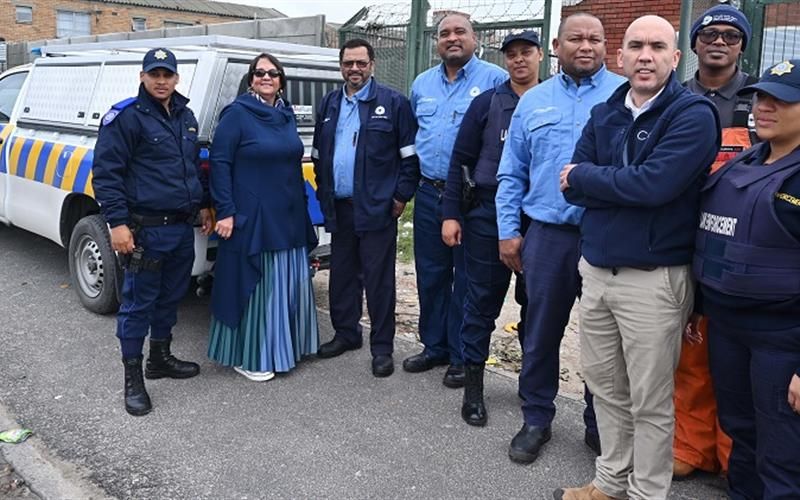The Western Cape Safety Plan (WCSP) has taken a significant step forward with the graduation of 33 newly trained Peace Officers (POs). These officers, consisting of 14 from the Overstrand municipal area and 19 from the Drakenstein municipal area, represent the government’s commitment to reinforcing municipal law enforcement capacity. The training, resourcing, and development of these officers, costing over R 1.8 million, is aimed at enhancing safety and combatting crime in urban and rural communities.
Graduation Ceremony
The graduation ceremony in Paarl was attended by Western Cape Premier Alan Winde and Minister of Police Oversight and Community Safety, Reagen Allen. Premier Winde praised the POs’ dedication and encouraged them to wear their uniforms with pride. Minister Allen emphasized the significance of their graduations, explaining that it demonstrates the provincial government’s commitment to building safer communities. He added that the increased visibility of officers throughout the province would assist the South African Police Service (SAPS) in their ongoing fight against crime.
Training Program
The 30-day training program equipped the graduates with the knowledge and skills required to serve as Peace Officers and Traffic Wardens. The curriculum covered key aspects such as law enforcement, the Constitution, principles of criminal law, criminal procedure, national road traffic act, legislation pertaining to traffic wardens, offences, law of evidence and criminal courts, and professional conduct and organizational ethics.
Certification and Job Opportunities
Upon graduation, the Peace Officers received a Safety and Security Sector Education and Training Authority (SASSETA) certificate and a 12-month Expanded Public Works Programme (EPWP) contract or internship within their respective municipalities. Minister Allen acknowledged the importance of investing in the youth and providing them with job opportunities. He expressed the provincial government’s intention to use young POs as a recruitment pool for new SAPS officers when police services fall under their management.
Significance of Graduation
The graduation of these Peace Officers marks a significant step forward in strengthening municipal law enforcement in Western Cape. The government aims to create a safer environment and improve the quality of life for citizens across the province through increased visibility, community engagement, and collaboration with SAPS.












